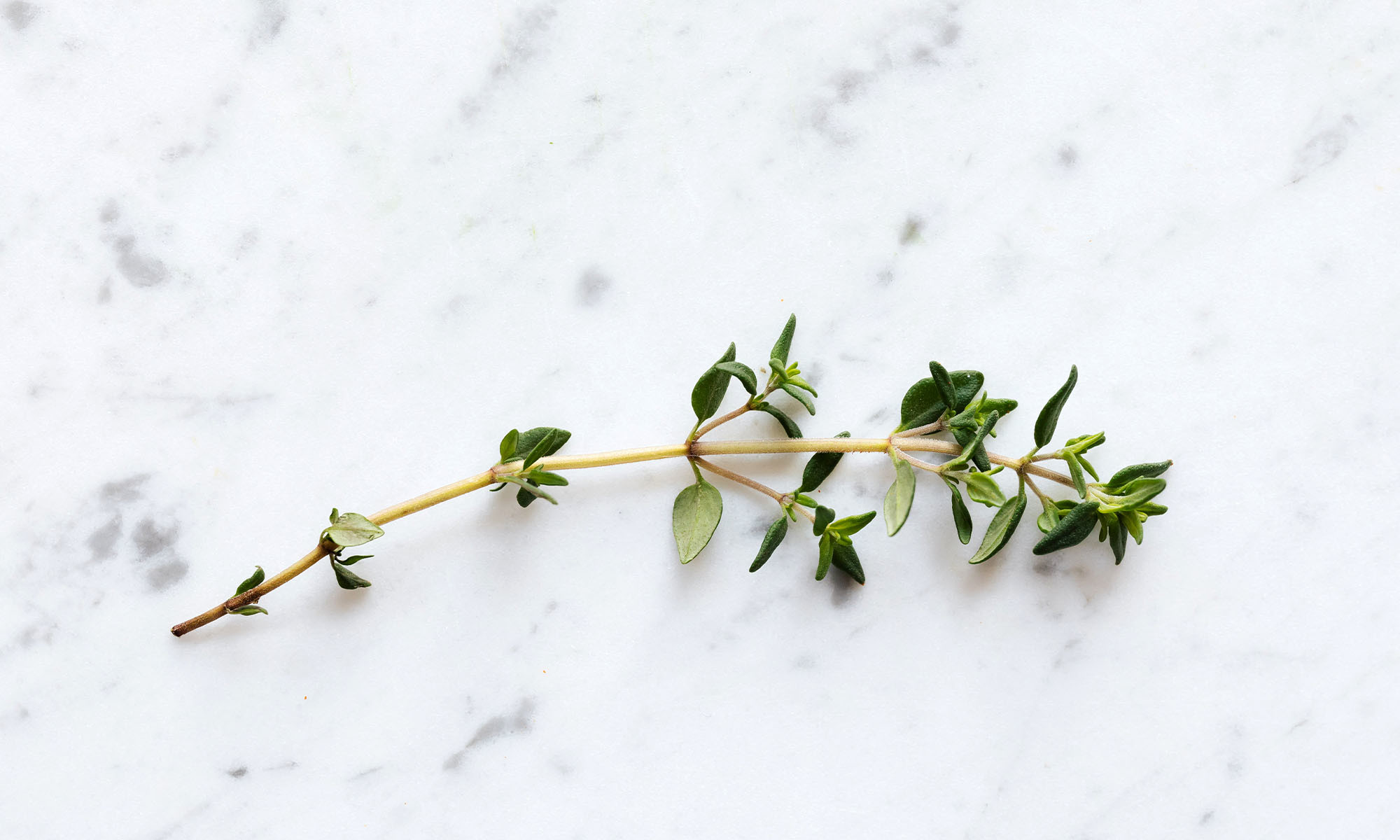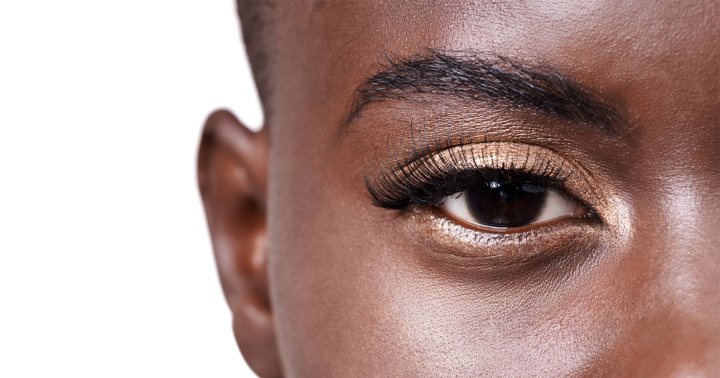This Household Herb Promotes Hair Growth & Fights Breakouts
Here’s what we know.


mbg Assistant Beauty Editor
mbg Assistant Beauty Editor
Hannah Frye is the Assistant Beauty Editor at mindbodygreen. She has a B.S. in journalism and a minor in women’s, gender, and queer studies from California Polytechnic State University, San Luis Obispo. Hannah has written across lifestyle sections including health, wellness, sustainability, personal development, and more.
Image by Karolina Grabowska // Pexels November 11, 2022 While there is a long list of acne treatments out there, "natural" remedies are often viewed as ineffective and a waste of time. Sure, some kitchen ingredients absolutely do not belong on your face (lemon juice, looking at you), but if you want to try to heal your breakouts without harsh topicals or oral medications, we hear you. It’s not always easy to tell which tips and tricks are worth your time and which ones are a hoax, especially with all of the seemingly promising before and after videos on beauty TikTok. The remedy du jour involves freezing thyme tea and rubbing it over your face, thanks to this thyme ice cube clip. But does thyme actually help clear acne? Here’s what we know. 
Advertisement
This ad is displayed using third party content and we do not control its accessibility features.
Can thyme clear acne?
In the viral TikTok video, the creator rubs a “thyme pop" (aka, frozen cubes of thyme tea) on their skin and claims that this remedy works better for them than benzoyl peroxide, another common acne fighter.
But why are these two being compared in the first place? Well, benzoyl peroxide works to reduce breakouts by killing acne-causing bacteria on the skin. While it’s certainly effective, it can cause irritation (especially for those with sensitive skin), resulting in redness and even physical discomfort if overused.
According to research, thyme essential oil also has both antibacterial and anti-inflammatory properties1. And depending on how you use it, the ingredient may be able to provide those beneficial properties sans irritation.
What’s more, this study2 analyzed the topical scalp application of a blend of essential oils including thyme, rosemary, lavender, and cedarwood, all diluted in a carrier oil blend of grapeseed and jojoba oil. When used in combination with scalp massage, the essential oil blend significantly improved the appearance of alopecia areata—a specific type of hair loss that results in sporadic bald patches. Translation? Thyme oil may help encourage hair growth, too.
Advertisement
This ad is displayed using third party content and we do not control its accessibility features.
How to use thyme on the skin.
If you want to use thyme on your breakouts, you can opt for the thyme pops that this creator made (simply brew some thyme tea, pour the mixture into an ice tray, then freeze) or whip up your own blend using thyme essential oil. Be sure to mix a few drops of the essential oil with a carrier oil (like grapeseed or jojoba) to dilute the concentration and prevent irritation.
As with any botanical oil, be sure to patch-test thyme on your skin before rubbing it on your face or your scalp, just to be sure you don’t have an allergic reaction. And if you’re still struggling with breakouts, it’s probably best to meet with a dermatologist to get to the bottom of the issue.
The takeaway.
Not every acne treatment will work for each person, but using thyme on the skin does have science-backed benefits for killing bacteria and fighting inflammation—two major contributors to breakouts in general. If you're on the path to clearing your skin with a routine that works for you, start here with a step-by-step guide.

 JaneWalter
JaneWalter -v1646695196476.jpg?1148x800)

































